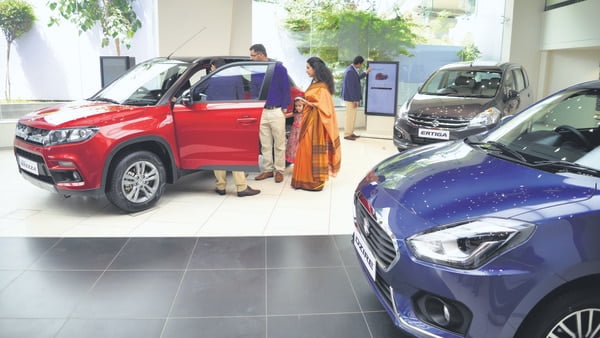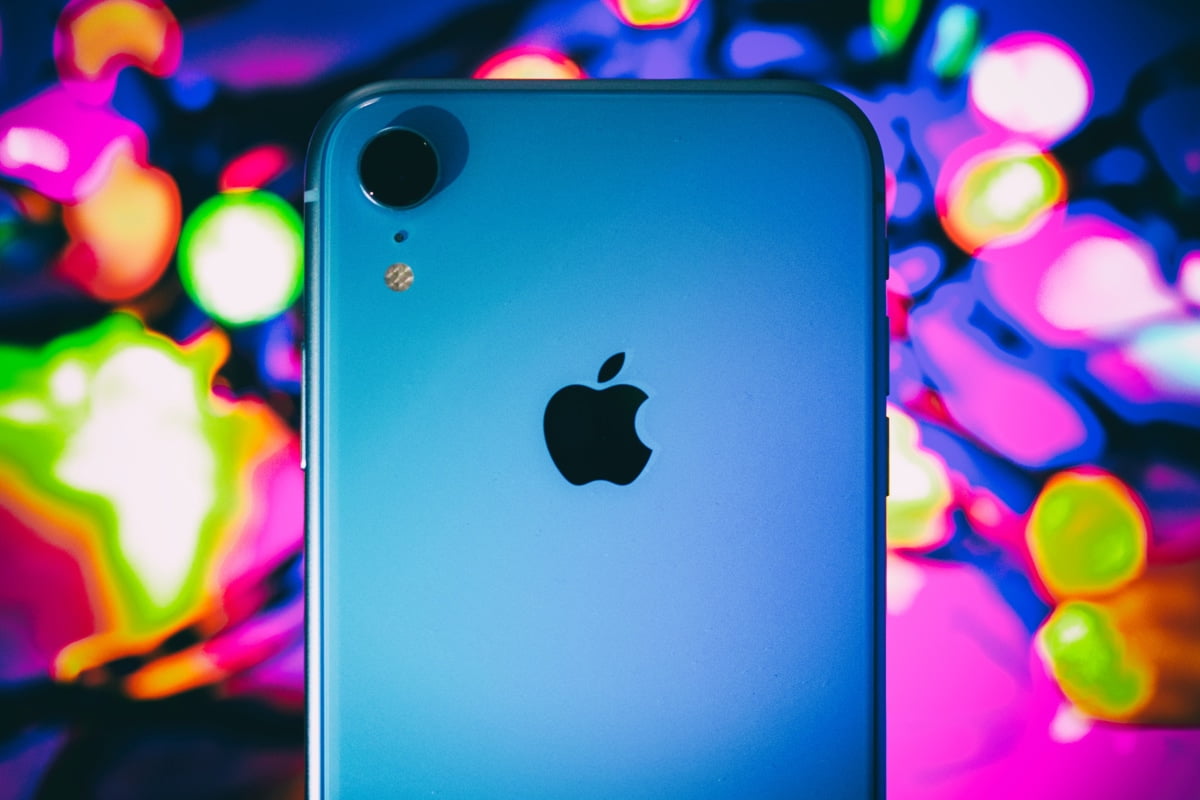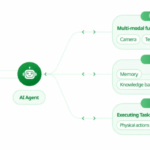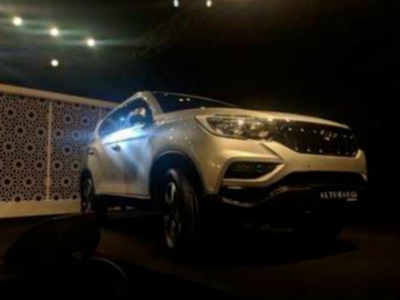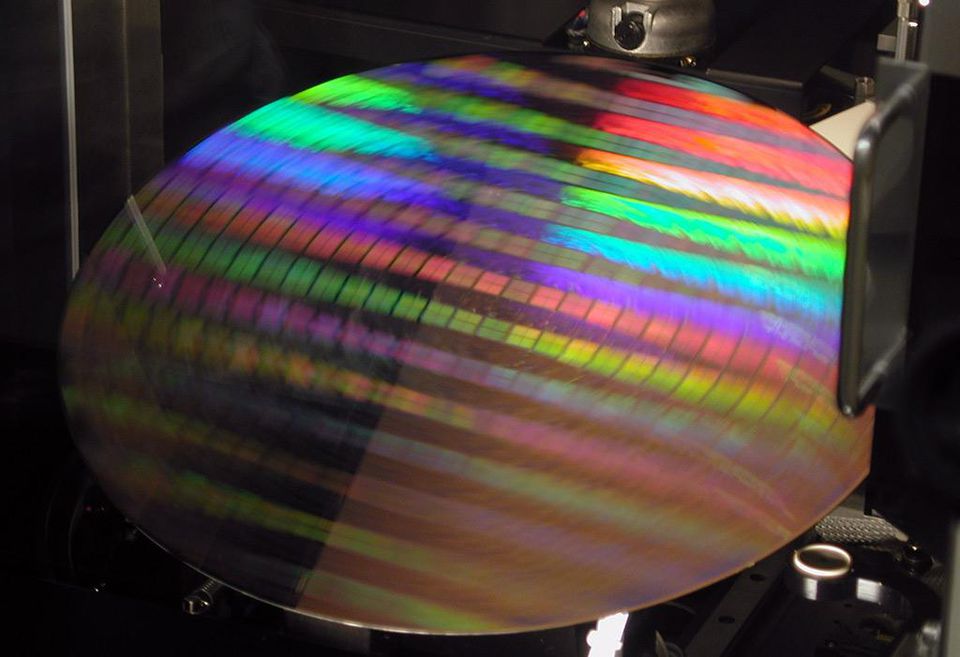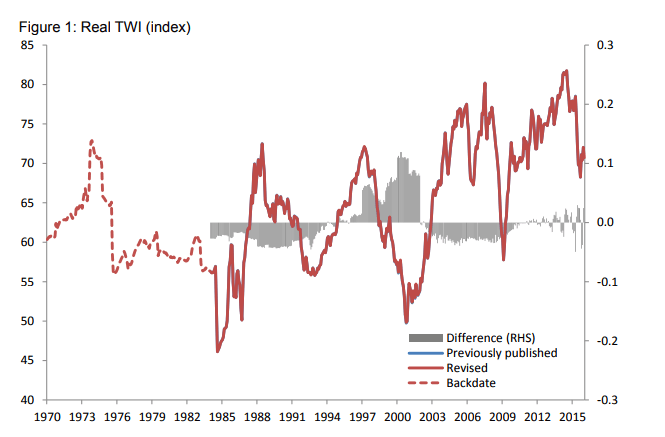
New Delhi: Maruti Suzuki India Ltd is staring at a potential drop in both sales and market share as it weighs a plan to stop selling diesel cars from April next year. India’s largest carmaker garners nearly 30%, or about 450,000 units, of its annual sales from diesel cars.
Maruti Suzuki expects to push about half of those buyers to shift to petrol or CNG cars by offering incentives, and also provide CNG options in more models. It, however, fears that the remainder will shift to diesel cars of rival brands, according to an internal projection prepared by senior executives of Maruti.
Maruti is considering the drastic step on the future of its diesel range as the imposition of Bharat Stage VI emission norms from 1 April 2020 would make such vehicles costlier by at least₹2 lakh per unit in order to make them comply with the new rules. This is expected to particularly lead most small-car buyers to shift to petrol or CNG models.
Small cars comprise the bulk of Maruti’s sales volume.
R.C. Bhargava, Maruti’s chairman, said the company might stop producing diesel variants of some of the smaller cars as the price difference between petrol and diesel variants would be substantial. He did not say whether the company would completely stop making diesel cars.
“We have to manufacture vehicles according to what is likely to be acceptable to customers. If we have a bigger vehicle, then we may continue. Ultimately, we have to judge what the customers want and develop vehicles accordingly,” said Bhargava.
According to the internal forecast, Maruti might lose annual sales of 125,000-150,000 vehicles if it did not have any diesel car in its portfolio, as most of its competitors were likely to be ready with BS VI diesel engines by next April, said two people aware of the development.
According to the projection, sales of high-selling Ertiga, Vitara Brezza and S-Cross models will be hit the most if Maruti pulls the plug on diesel cars.
Maruti Suzuki spokespersons didn’t reply to an email sent on Monday.
If Maruti loses market share, it will be the first since 2012-13 for the most profitable unit of Suzuki Motor Corp.
In FY13, Maruti’s market share fell to 39% as diesel vehicle sales picked up at the expense of petrol ones. The company managed to raise its market share to 51% by introducing a slew of vehicles, especially in the above ₹7 lakh segment.
Suzuki is yet to decide on whether to upgrade its current 1.5-litre diesel engine—launched with the Ciaz sedan in March—to comply with BS-VI norms. The company may, therefore, start FY21 without a diesel engine but introduce one later in the year.
The two people cited earlier said the loss of volumes and market share was projected as the worst-case scenario and that it could be limited if Maruti managed to convert diesel car buyers.
Some senior Maruti executives wanted diesel cars to stay, as rivals Hyundai Motor Co. and Tata Motors Ltd would also have diesel cars, said the first person. “The losses can be contained by the company since the diesel vehicles will be significantly expensive, but converting 30% of the volumes will be tough since some of the customers would still want to buy diesel variants,” the person added.
Mint reported on 15 February that Maruti was in talks with Suzuki on the future of diesel cars in India that included whether the company should cease production of diesel vehicles.
“Maruti’s absence in the diesel portfolio, especially in B and C segment cars, can impact their market share adversely, but at the same time it is an opportunity for other players,” said Puneet Gupta, associate director-vehicle forecast (South Asia) at IHS Markit. “But we should not forget that Maruti Suzuki understands the pulse of the consumer the best. It looks like the company is banking heavily on CNG cars and on the assumption that consumers will shift to gasoline cars in the years to come.”
He said the share of diesel cars was declining, but they still made up a large share in the overall car market.
The second person quoted above said Maruti’s decision made sense, though it might cause some short-term pain.
“The commercial fleet customers of Maruti may completely shift to CNG to maintain their profitability, but how retail customers will behave nobody knows at the moment,” the person said. “The launch of the current 1.5-litre engine took more than the expected time and a BS-VI engine needs to be tested for 1 lakh km before it gets launched. So, for Maruti, it is like running against time.”
[“source=livemint”]

